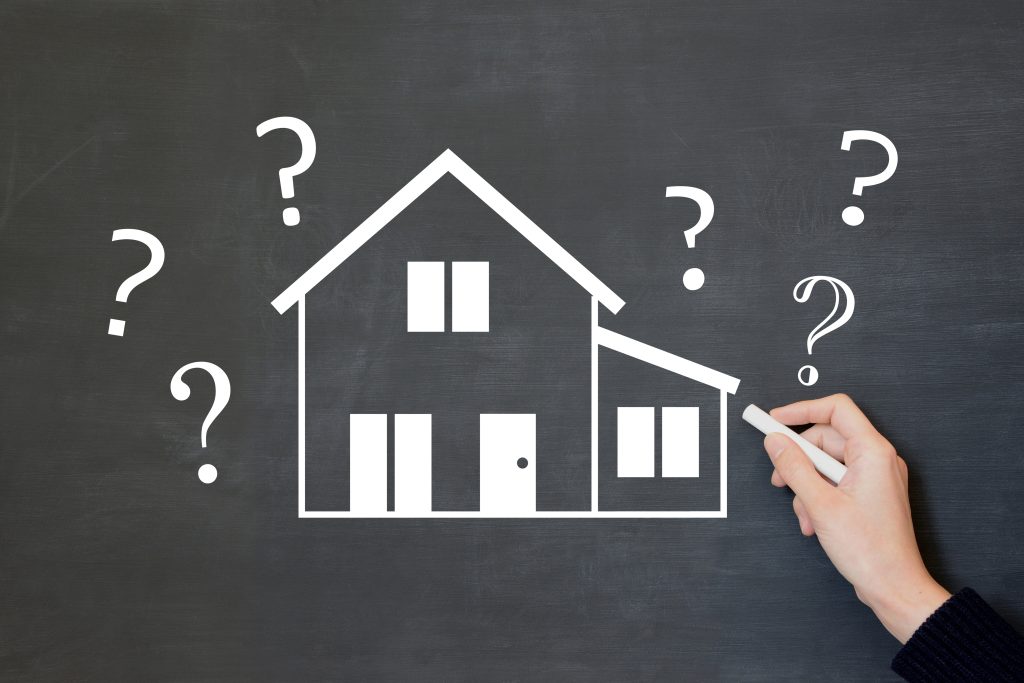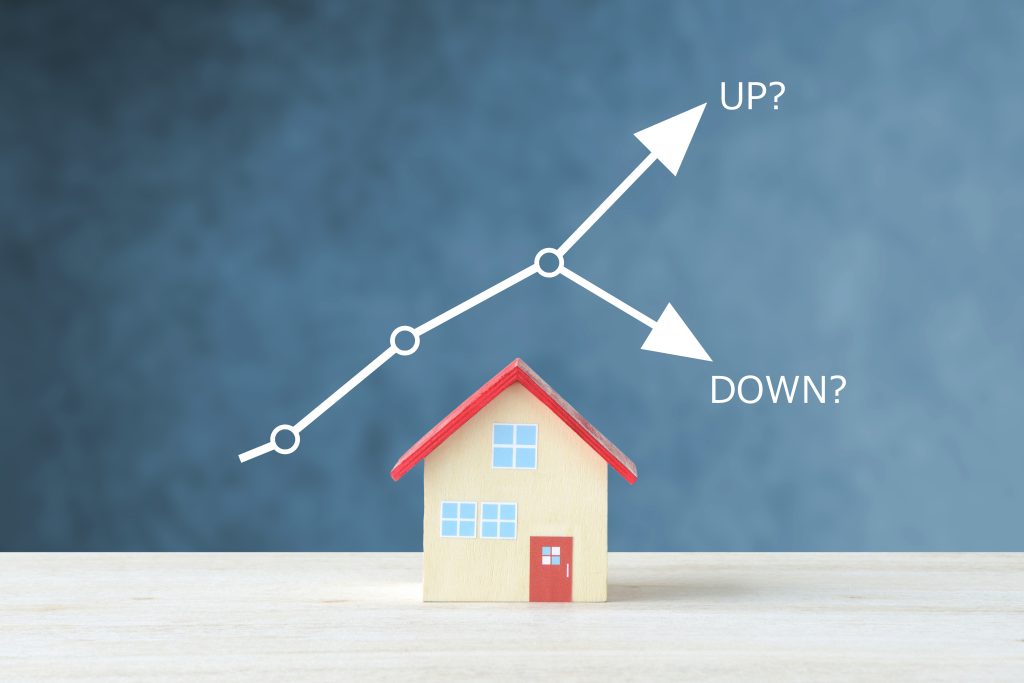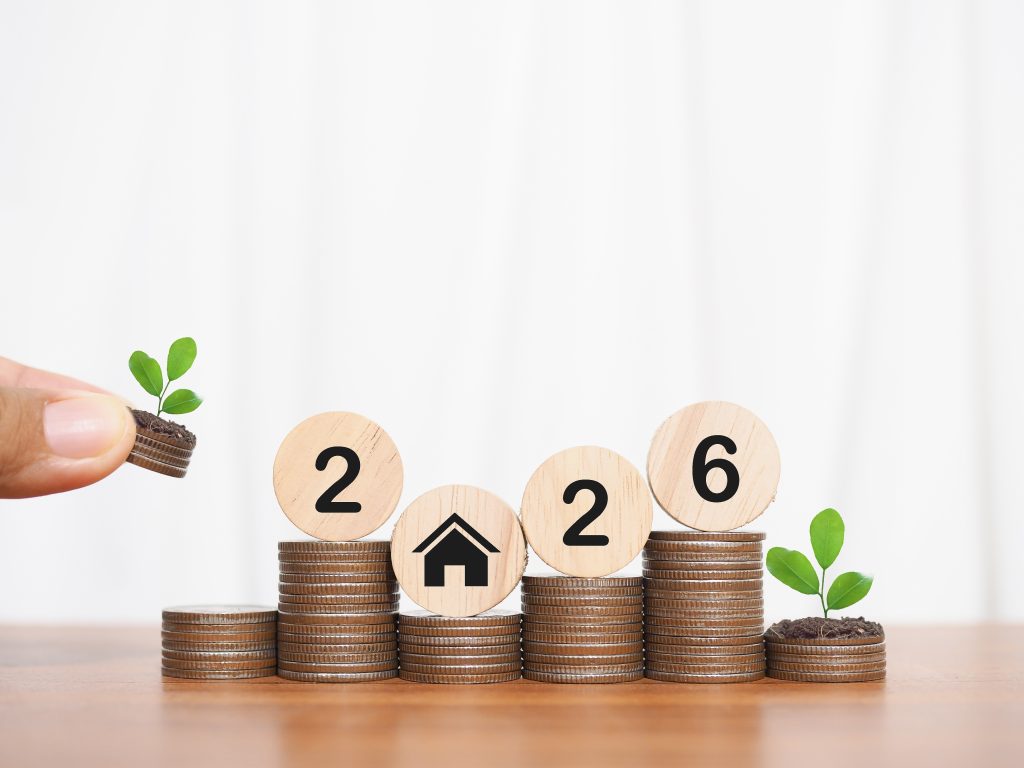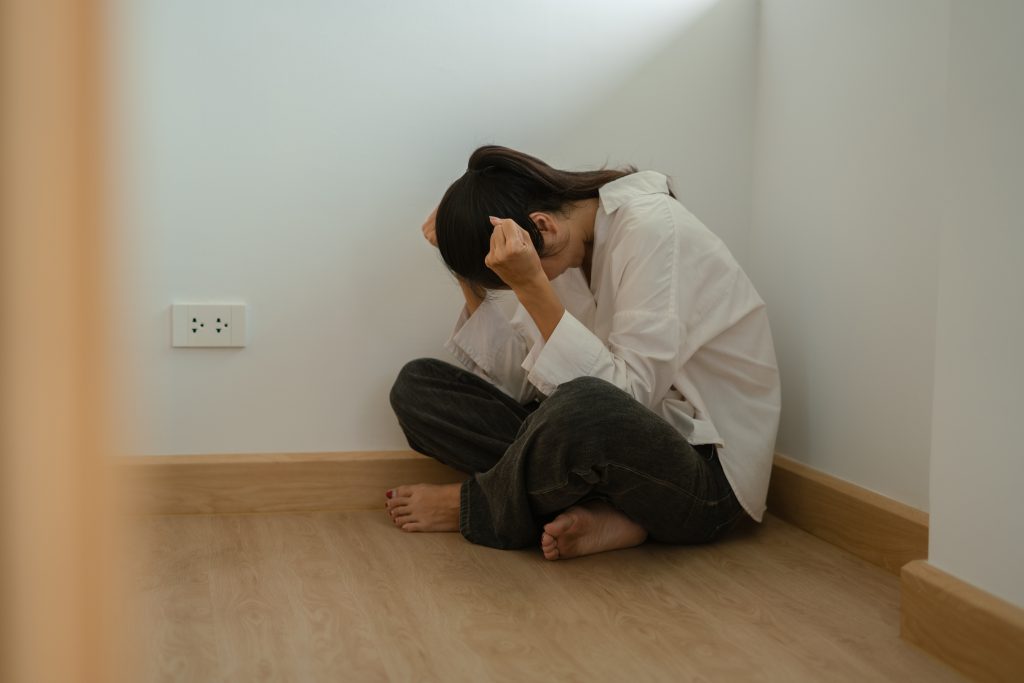If you’re thinking about selling your house, you might be wondering, “Would it be smarter to wait until 2026?” It’s a common question, especially with all the talk about interest rates, housing prices, and the economy. But here’s the thing—there’s never a “perfect” year to sell. The best time is when it makes sense for you. And for many homeowners, waiting doesn’t always pay off.
With the housing market constantly shifting, many sellers are trying to time things perfectly to maximize their profits. It is extremely difficult to time the market. No one has a crystal ball. A good example is what happened to home prices after COVID. They shot up 60% in some markets. I don’t thing there was an economist anywhere that thought that would be the case. While waiting might sound like a smart move, the truth is that the “perfect time” depends on more than just the calendar—it depends on your personal situation and local market conditions. Here are some factors that could affect whether or not you sell your home now.
Interest Rates
A lot of people hope the market will be better in 2026, maybe with lower interest rates and more eager buyers. While that’s possible, no one can predict the future of the housing market with certainty. If you wait around for the “right” year, you may end up holding onto a property that’s costing you money in taxes, insurance, and upkeep—without any guarantee of a higher sale price later. Fore more information about how interest rates effect selling your house, see our blog How Do Mortgage Interest Rates Effect the Home Selling Market?
Mortgage rates play a huge role in how many buyers are out shopping and what they can afford to pay. If rates drop in the next year or two, buyer demand could rise, which might make your home more appealing and potentially increase your sale price. However, predicting interest rates is tricky, and holding off based on speculation can backfire if the market doesn’t move the way you expect.
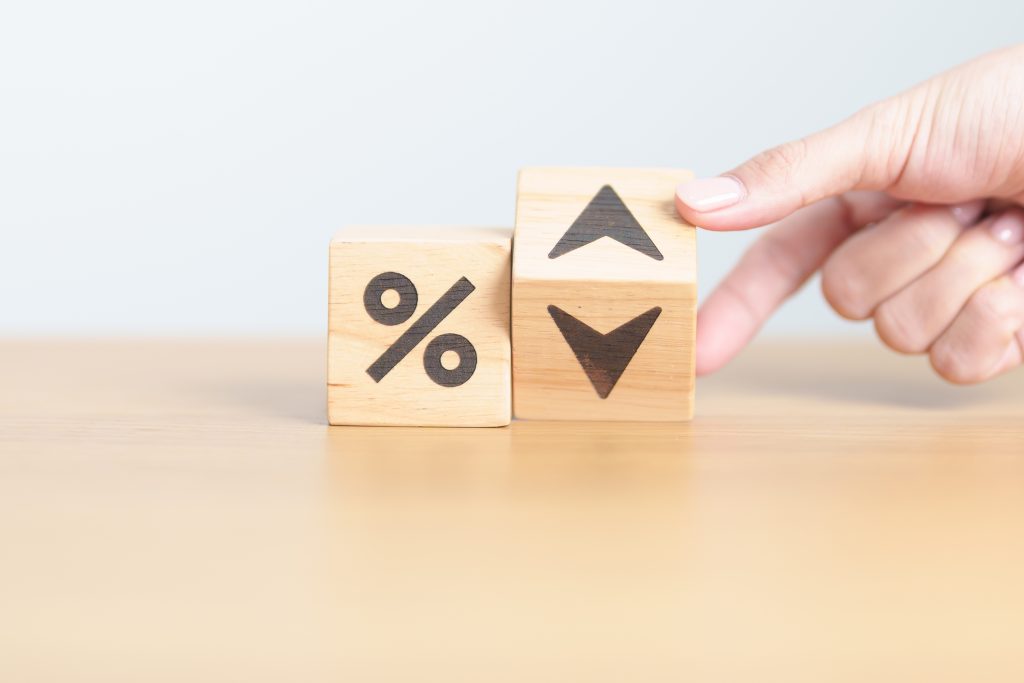
Home Prices
The truth is, your house has value right now. Home prices are still strong in many areas, and cash buyers are actively looking to purchase properties as-is. That means you don’t have to sink money into repairs, worry about showings, or wait months for a traditional sale. You can walk away with cash in hand sooner rather than gambling on what might happen in 2026. If you’re wondering how much you can sell your house for right now, check out our blog How Much Can I Sell My Home For?
While prices have climbed in recent years, markets can shift quickly. In some areas, values may keep appreciating, but in others, prices could stabilize or even decline depending on economic conditions, housing supply, and job growth. If your home is already worth more than what you paid and selling now would meet your financial goals, waiting might not be necessary.
Personal Situation
It also comes down to your personal situation. Maybe you’re relocating, downsizing, or simply tired of dealing with a property that’s become a hassle. If that’s the case, waiting doesn’t make things easier—it just delays your next chapter. Selling your home as-is to a cash buyer lets you move on quickly, without stress, and with the certainty of a guaranteed offer. Cash home buyers pay cash for your house and close quickly. They will buy your home in as-is conditional and close fast.
Some other things to consider is: are you relocating, downsizing, or cashing out equity to invest elsewhere? Sometimes life events—like retirement, job changes, or family needs—matter more than waiting for the “ideal” market. If you’re holding off solely for the chance of a higher sale price, weigh that against the costs of waiting, such as continued mortgage payments, taxes, and maintenance.
Your Next House
And don’t forget—if you’re planning to buy another home after you sell, waiting until 2026 could actually cost you more. If prices go up, the home you want later could be more expensive. Selling now gives you the chance to cash out your equity and position yourself ahead of potential market shifts. For example, if you are selling a $200,000 house and buying a new home that is $300,000 and the market increases by 5%. Without taking into consideration closing costs, you end up selling your current home for $210,000 but you end up buying your next house for $315,000. So you end up with a net loss of $5,000 versus doing the same thing now.
Serious buyers looking for a home to live in won’t disappear in 2025 or 2026. Plus, if you’re planning to buy another property after selling, remember that waiting could mean you’re also paying more for your next home if prices rise further. In that case, selling sooner rather than later could actually work in your favor.
Ultimately, the decision to sell now or wait until 2026 comes down to your goals and your local housing market. If you’re curious about what your home is worth today and how market trends are shaping up in your area, consider talking with a local real estate professional or cash buyer. They can give you a clear picture of your options so you can decide whether it makes sense to wait—or whether now is already the right time.
So, should you wait until 2026 to sell your house? Not necessarily. The smarter move might be to explore your options today. Getting a no-obligation cash offer will show you exactly what your home is worth right now, and it can help you decide if selling sooner is the right choice. That way, you’re not waiting on “what ifs”—you’re taking control of your timeline and your future.

